Monday
International
Universities across the world fear the “commodification and commercialisation of education”, according to a new survey. “They express concern about equal access to international opportunities for all students and about the commodification and commercialisation of education,” the IAU’s report says. 1,300 universities, one shared fear: the commodification of education (THE)
While Camille Kandiko Howson argues that as “global competition for international students is growing – the UK needs to start treating them as people and learners, not numbers.” Drop in foreign student numbers: are UK universities too complacent? (Guardian HE)
Fees
The Telegraph are a little late in covering this ongoing story. Six in 10 students will have their debts written off (Telegraph)
HE expansion
David Willetts unveils plans to create new university campuses in areas identified as higher education “cold spots” such as Shrewsbury. New universities could revive county towns, says minister (Telegraph)
Discrimination
Nearly 60 per cent of black and minority ethnic higher education staff and students questioned for a survey feel they have been discriminated against. Race discrimination in universities still a problem, reports survey (THE)
Tuesday
The Financial Times and City AM have today criticised the Government immigration policy saying that they are ‘closing the door’ on international students. The FT argues, “cutting back student visas as a quick fix to an arbitrary migration target hurts the economy and will ultimately increase costs for domestic undergraduates. This is an act of national self-harm that Britain can ill-afford.”
Disabled students’ funding
NUS’ national conference has got underway today by claiming that David Willetts is “arrogant and out of touch” in seeking “unfair” cuts to disabled students’ funding. NUS blasts David Willetts over changes to disabled students’ support (THE)
Discrimination
More than half of black and ethnic minority lecturers and staff believe they have suffered racial discrimination at university, according to new research. Universities are racist, say ethnic minority staff (Independent)
Wednesday
Ed Miliband is to promise to put powerful “city-region” government at the heart of a Labour attempt to rebalance growth in the UK, claiming his plan represents “the biggest economic devolution of power to England’s great towns and cities in a hundred years”. Miliband is to write to the leaders of every council, university and LEP asking them to draw up joint plans to boost growth and private sector jobs in their regions. Ed Miliband: Labour will use English devolution to rebalance UK growth (Guardian)
International
Ministers’ efforts to increase education exports comes at a time of intense scrutiny over the appeal of UK universities and schools to overseas customers, says the FT. Visa rules in the spotlight as overseas student numbers fall (FT) This follows the news that UK skills providers have won contracts, worth more than £1bn, to run 16 further education colleges in Saudi Arabia helped by a government unit designed to boost exports of UK education. Saudis pay over £1bn to enrol British further education expertise (FT)
Moocs
Online university providers, which offered people the chance to study from home, are turning full circle by creating a network of learning centres where students can meet and study together. Online students can’t help being sociable (BBC)
Thursday
Libby Hackett features in today’s Financial Times calling for a return to post-study work visas for international students. She says that, “we are losing international students to competing nations, such as Canada and Australia, due to the UK’s restrictive policy on post-study work visas.” Letters: Bring post-study work visas back (FT)
Yvette Cooper, the shadow Home Secretary, will set out her “progressive” vision for immigration to the UK today, pledging that Labour would safeguard growth sectors such as higher education from any immigration cap. Labour to leave students out of immigration cap (FT)
Student loans
Repayment: The majority of undergraduates now at university will be paying off their student loans well into their 40s and 50s, with three-quarters of them unable to clear the debt before it is written off after 30 years, according to an analysis published today by the Sutton Trust and IFS.
· Three in four graduates will be paying off student loans until their 50s (Daily Mail)
· Most students will still be paying off their loans when they are 50 (Guardian)
· Professionals will be paying off tuition fees for decades (Times)
· Thunderer: Middle earners will pay most in this student loan mess (Times)
· 73% of today’s students will still be paying off their tuition fees in their 50s (Independent)
· Students will be paying off loans into their 50s, study warns (Telegraph)
Change to budgeting rules: The government has changed the budgeting rules for student loans to allow for unpredictability in forecast repayments, saying the change is designed to “incentivise” control over loan spending. One expert suggested that the development showed spending rules could be tweaked, potentially offering scope for a major change such as the introduction of a graduate tax. Budgeting rules adjusted to manage costs of student loans (THE)
Politics
Michael Gove: The minister hopes to sink his teeth into higher education but his political stock is falling, argues Christopher Prendergast. Michael Gove: the wolf of Whitehall (THE)
Sector
Higher Education Academy: The future of the HEA looks uncertain after the UK’s funding councils decided to withdraw support for the champion of university teaching. HEA future unclear as councils cut off the cash (THE)
Marketisation: The THE looks at whether UK higher education is any closer to a genuine market and concluded, not really. There’s still no such thing as a higher education market (THE)
Referendum: Ferdinand von Prondzynski ponders possible outcomes should Scotland opt for independence. Countdown to the Scottish referendum (THE)
Recruitment
Student: Volatile student recruitment in England has benefited more selective universities and “disadvantaged” others with lower entry standards, HEFCE has said. Recruitment trends favour the selective (THE)
Leadership: Professor Bob Cryan, Vice-Chancellor of the University of Huddersfield, features in this THE piece looking at the recruitment of university leaders. Beyond naked power (THE)
Connecting research and growth
Research excellence: UK academics could have their research assessed alongside scholars from Australia, New Zealand and Hong Kong under plans being considered by HEFCE. Hefce looks at overseas links for research excellence (THE)
Employability and skills
Higher apprenticeships: The growth of higher apprenticeships – where people taken on by employers can simultaneously study to bachelor’s and master’s degree level – could be a “major opportunity” for universities if they grab the initiative but could be a threat if they do not. Universities risk missing out on higher apprenticeships (THE)
Education system: The UK education system has become too focussed on youngsters automatically being channelled towards going to university, the Duke of York told a conference of newspaper editors. Duke of York says education system has become too centred on university degrees (Independent)
Friday
The Science and Technology Committee have released their report into internal STEM students. They have accused the Government of taking a “contradictory” stance towards encouraging international students to study in UK universities. On the one hand, the Prime Minister says there is a need for net migration to “come down radically from hundreds of thousands a year”. Yet, on the other, it has stated that “it is realistic for numbers of international students in higher education to grow by 15 to 20 per cent over the next five years.”
In addition Yvette Cooper, Shadow Home Secretary, has said yesterday that businesses were unable to access the skills they need and thousands of fee-paying foreign students were being deterred from going to British universities.



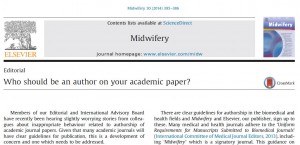


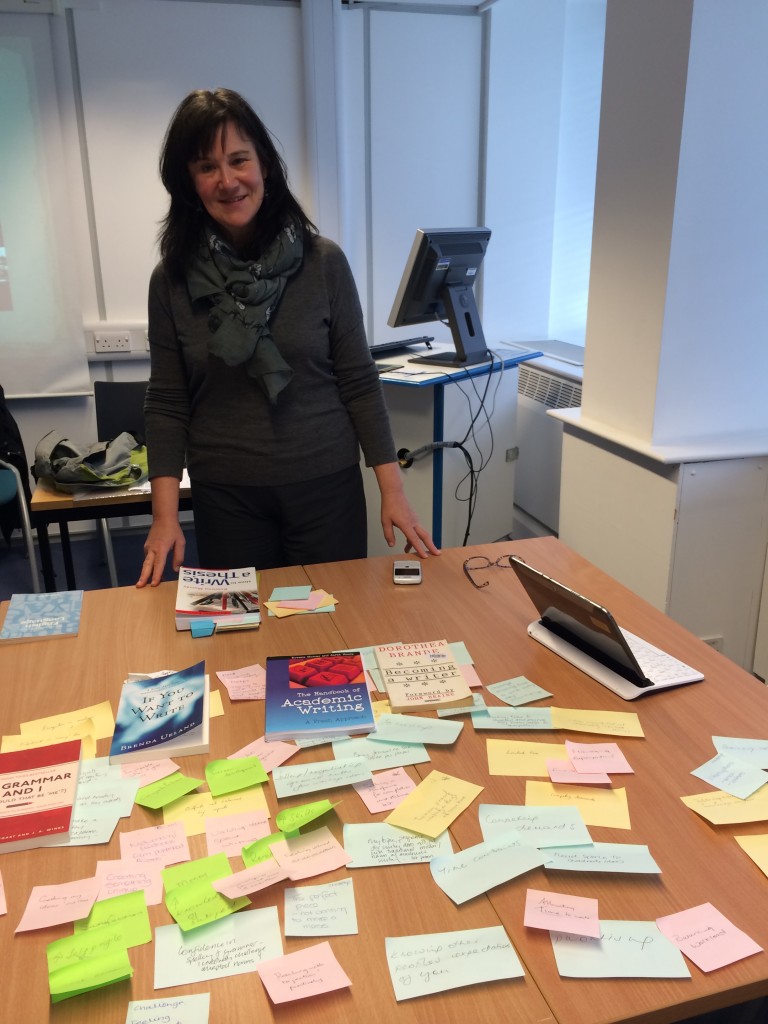

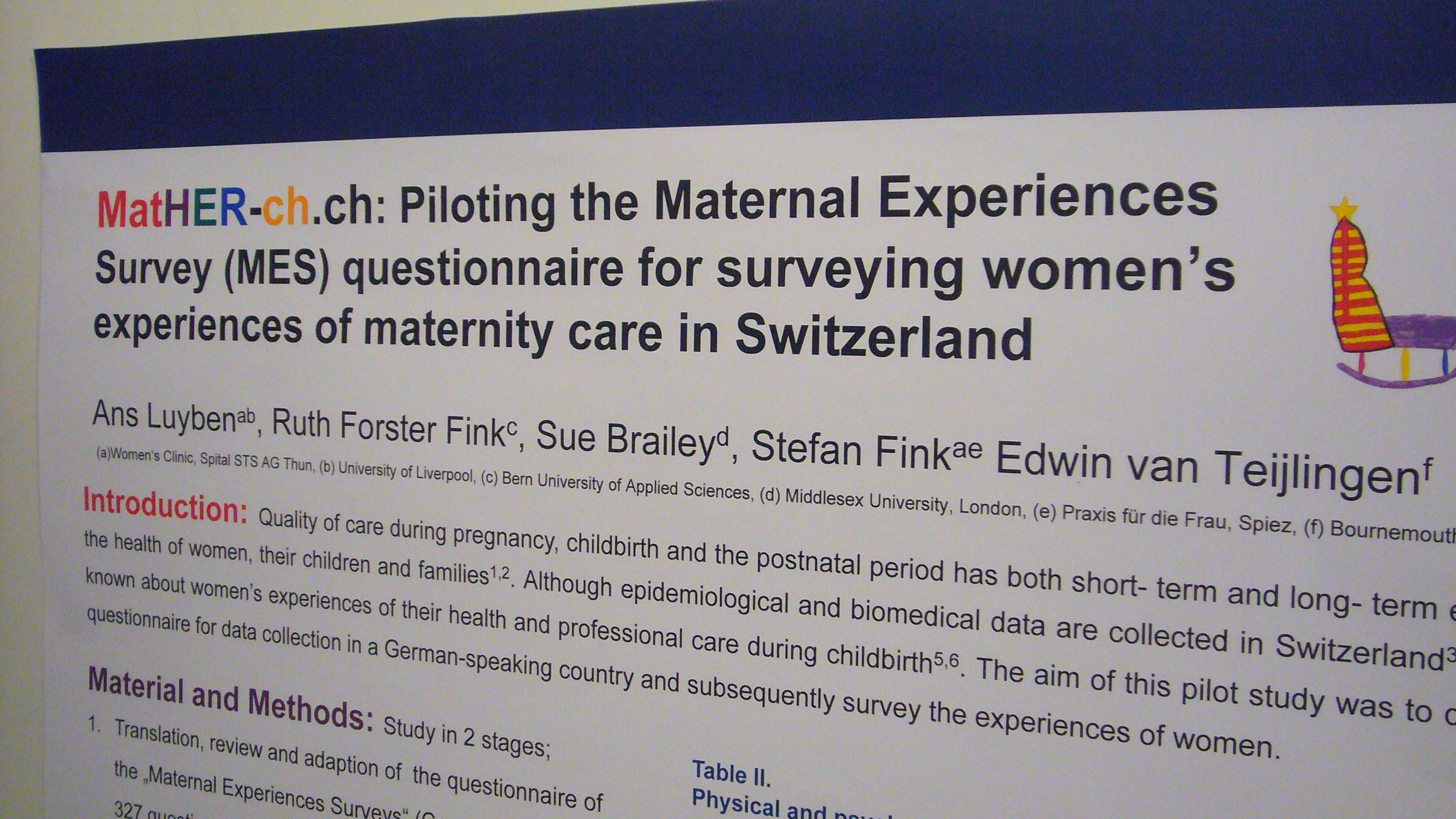
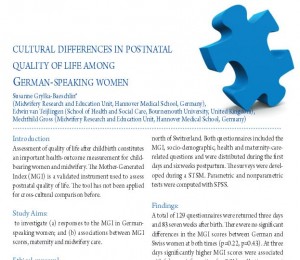
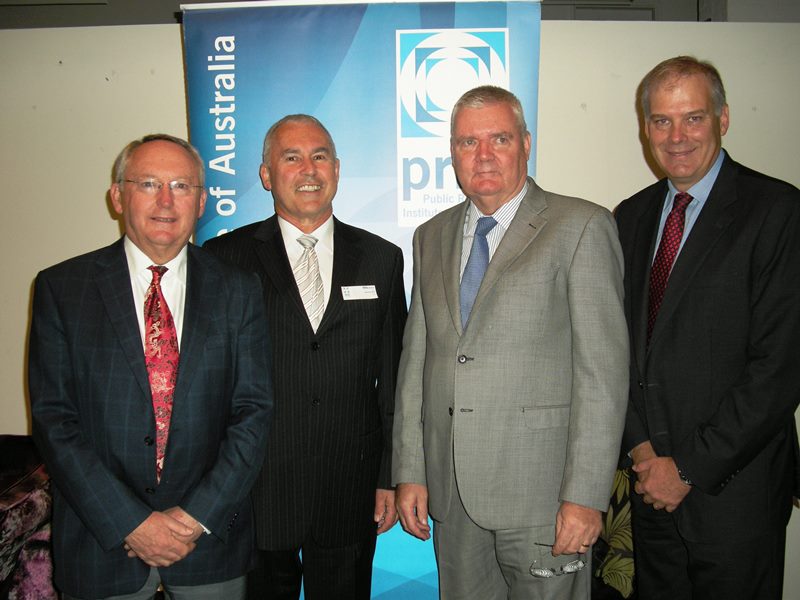











 New weight change BU paper
New weight change BU paper One week to go! | The 16th Annual Postgraduate Research Conference
One week to go! | The 16th Annual Postgraduate Research Conference Geography and Environmental Studies academics – would you like to get more involved in preparing our next REF submission?
Geography and Environmental Studies academics – would you like to get more involved in preparing our next REF submission? Congratulations to three former BU staff
Congratulations to three former BU staff MSCA Staff Exchanges 2024 Call – internal deadline
MSCA Staff Exchanges 2024 Call – internal deadline Applications are now open for 2025 ESRC Postdoctoral Fellowships!
Applications are now open for 2025 ESRC Postdoctoral Fellowships! Horizon Europe – ERC CoG and MSCA SE webinars
Horizon Europe – ERC CoG and MSCA SE webinars MaGMap: Mass Grave Mapping
MaGMap: Mass Grave Mapping ERC grants – series of webinars
ERC grants – series of webinars